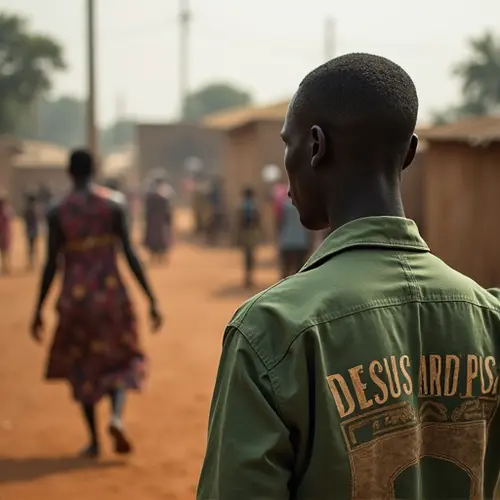
Nigeria's Economic Crisis Deepens
Nigeria is grappling with its worst economic crisis in decades, with inflation rates soaring above 30% and millions facing acute food insecurity. The local currency, the naira, has plummeted, and the removal of fuel subsidies has exacerbated the situation, leaving many unable to afford basic necessities.
Desperate Calls for Help
At Freedom Radio in Kano, director Nasiru Salisu Zongo reads out daily pleas for assistance from Nigerians struggling to pay medical bills, school fees, and rent. "People who once helped others are now asking for help themselves," Zongo says, highlighting the dire circumstances.
Food Prices Skyrocket
Staple foods like rice, flour, and sugar have tripled in price, turning everyday items into luxuries. Junaidu Zakari Mohammed, a market trader, notes, "Milk is no longer part of our society." Meanwhile, makeshift kitchens in affluent neighborhoods serve hundreds daily, a stark reminder of the widening gap between rich and poor.
Human Cost
Hadiza Usman, a mother of two, tearfully shares how her children are growing up illiterate due to financial hardship. "We’ve all become beggars," she laments. The crisis has also led to deadly stampedes during food distributions, underscoring the desperation.
International Response
The UN World Food Programme warns that over 33 million Nigerians could face food insecurity by year-end, particularly in the northeast, where terrorism and natural disasters have compounded economic woes.

 Nederlands
Nederlands
 English
English
 Deutsch
Deutsch
 Français
Français
 Español
Español
 Português
Português